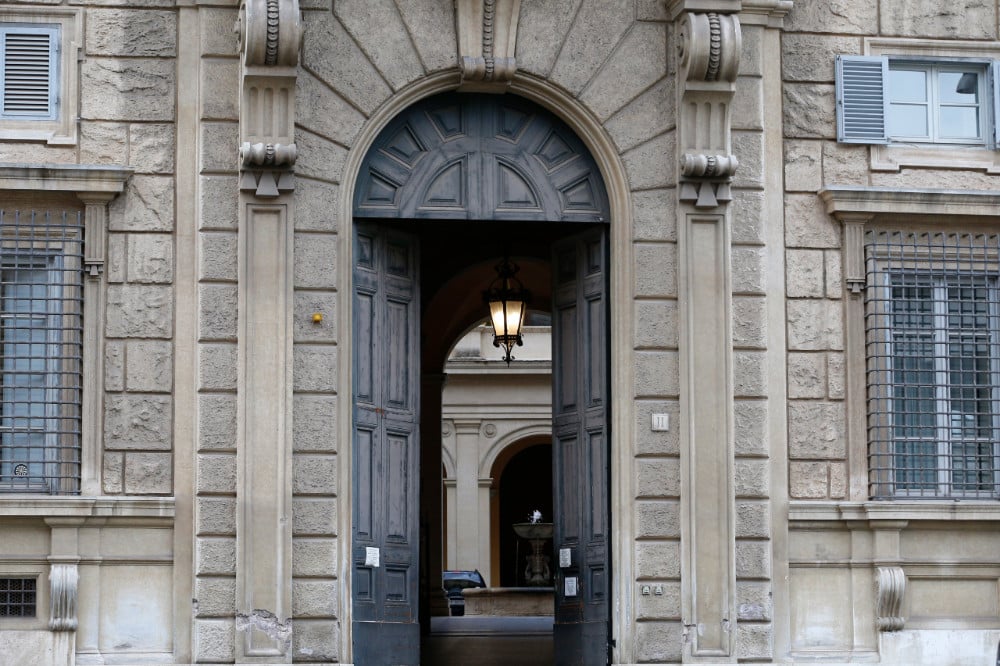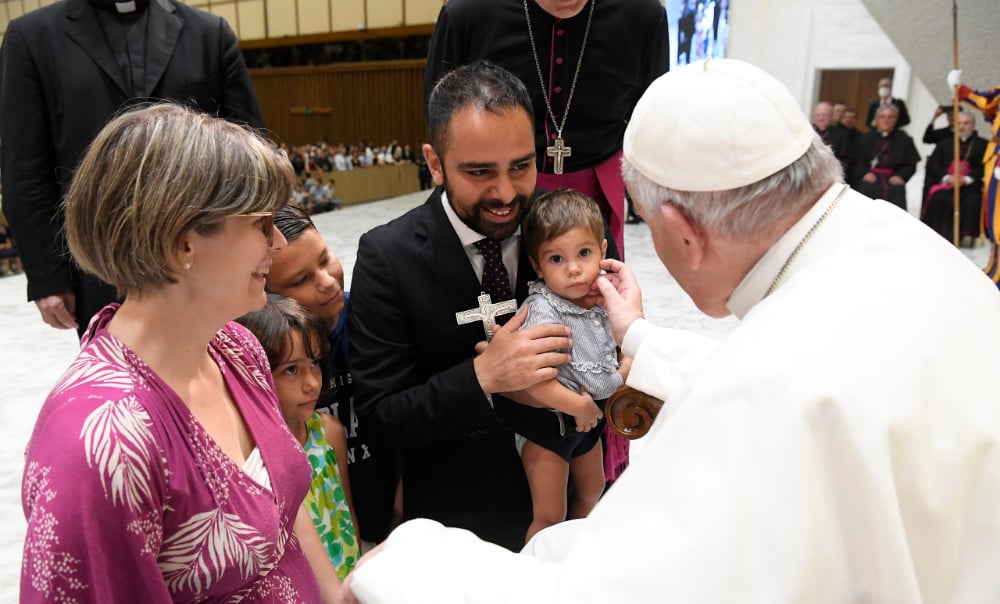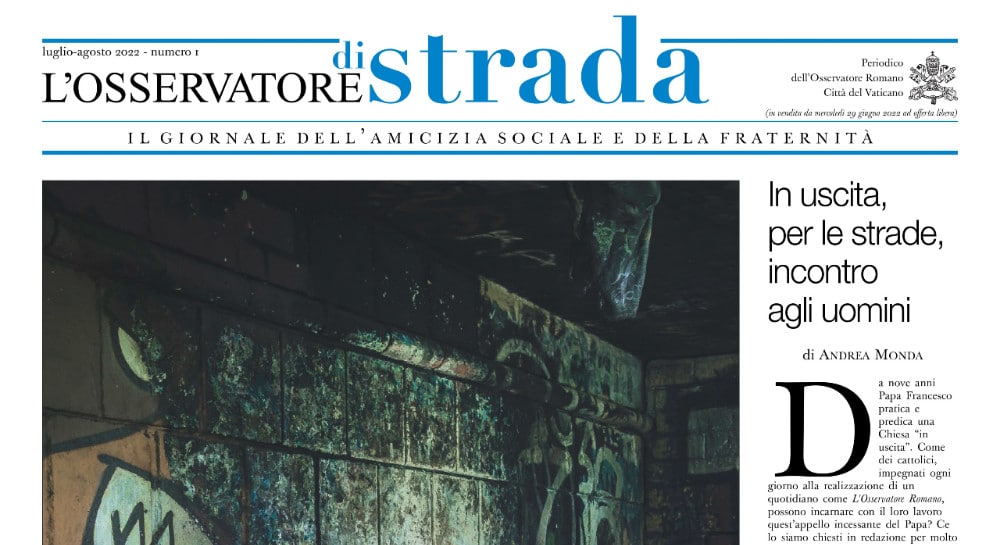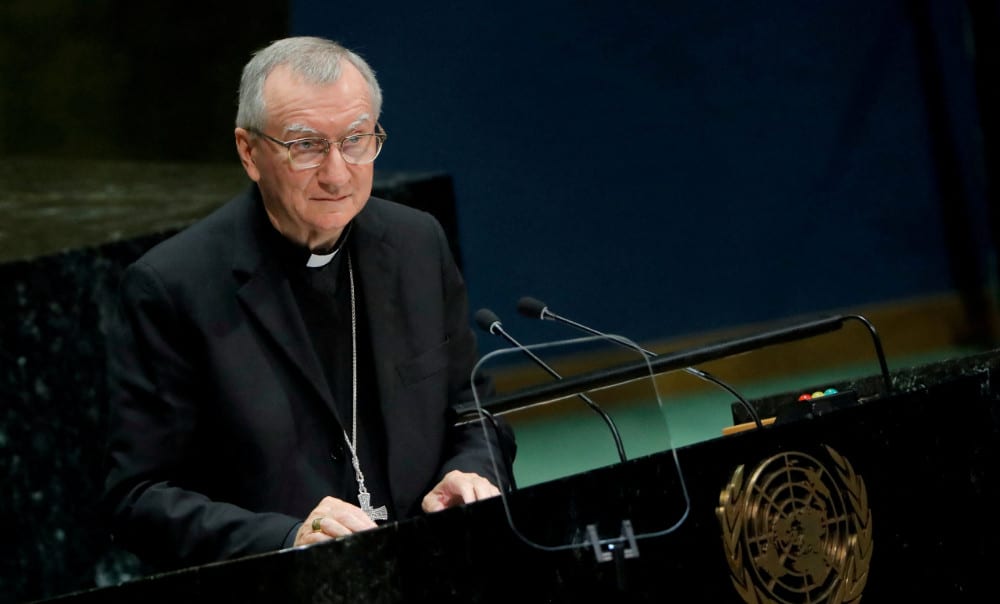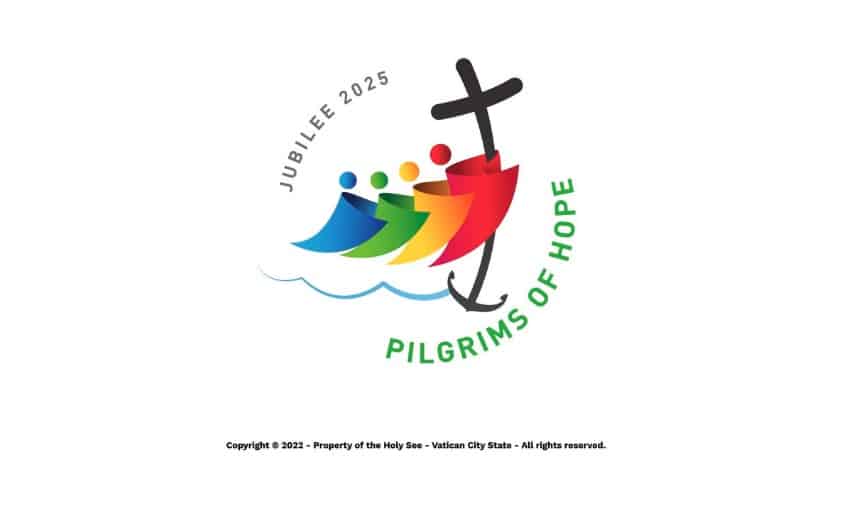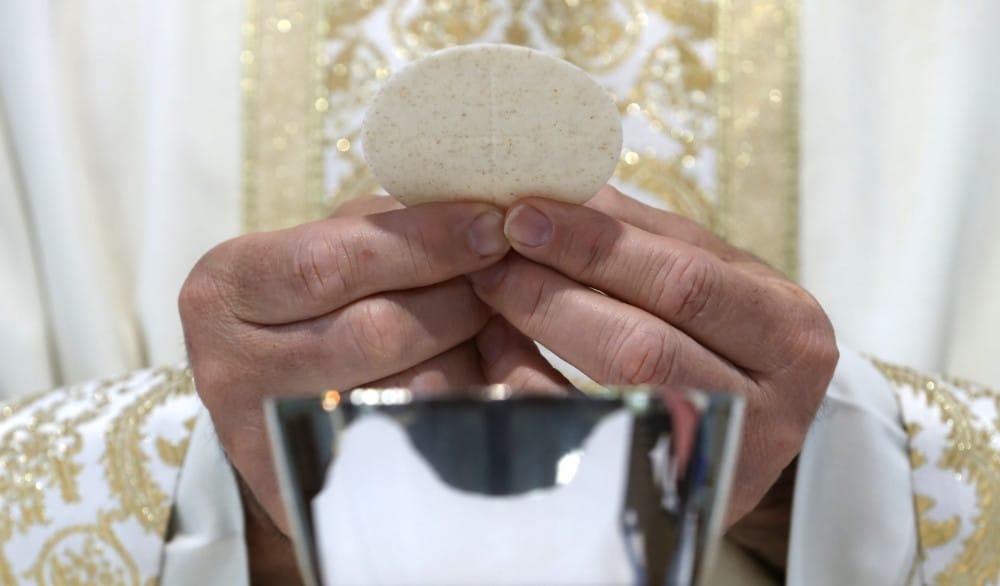VATICAN CITY (CNS) — Two years after posting online a step-by-step guide for how bishops, religious superiors and canon lawyers are supposed to handle accusations of alleged abuse by clerics and labeling it “Version 1.0,” the Dicastery for the Doctrine of the Faith has published an update.
“Version 2.0” of the dicastery’s “Vademecum on certain points of procedure in treating cases of sexual abuse of minors committed by clerics” was necessary mainly because of Pope Francis’ promulgation of a new section of the Code of Canon Law dealing with crimes and punishments in the church.
“Book VI: Penal Sanctions in the Church” went into effect Dec. 8 and was the result of almost two decades of work updating, adding, clarifying and strengthening the code’s list of crimes and provisions available for sanctioning the guilty.
As a step-by-step guide, the vademecum was updated to include references to the revised canons.
A statement published by the dicastery June 27 noted that the text “does not have the force of law” but “is intended to meet a growing need for knowledge” about the procedures to be followed when accusations of abuse are made.
The revision of the vademecum, it said, also reflected contributions from “academic centers and studies in the field that have come in the last two years,” as well as suggestions made by those who work with victims and survivors of abuse.
However, with the exception of new reference numbers for many of the canons and changing all references from the “congregation” to the “dicastery” — in accordance with the pope’s reform of the Roman Curia — most of the changes involved only slightly different wording.
When the guidelines were published in 2020, they included a statement saying, “The anonymity of the source should not automatically lead to considering the report as false.”
The updated guidelines repeated and expanded that line to say: “The anonymity of the source should not automatically lead to considering the report as false, especially when it is accompanied by documentation that attests to the likelihood of a delict.”
And, reflecting the updated “Norms regarding delicts reserved to the Congregation for the Doctrine of the Faith” published in October 2021, the revised vademecum noted how it is no longer simply advisable that an accused cleric be assisted by a lawyer or advocate, but that it is now mandatory. The accused can choose his own counsel, or one will be appointed for him, it said.

